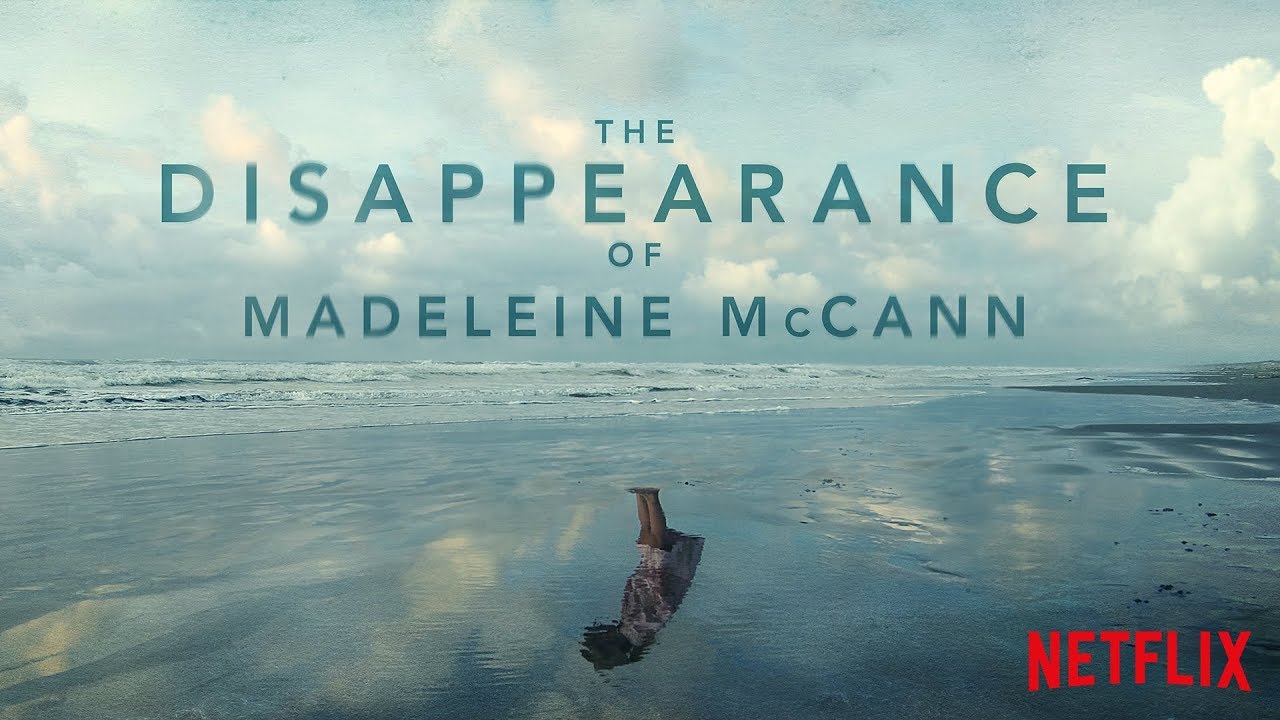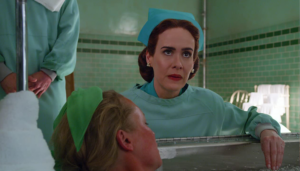This March, Netflix released The Disappearance of Madeleine McCann, an 8-part documentary chronicling McCann’s disappearance from a Portuguese resort and the subsequent investigation. This is merely the latest entry in what has become an avalanche of true crime documentaries released in recent months. Netflix has been the unchallenged forerunner in this trend. In just the last couple of months, the streaming platform has released several very notable documentaries, which received immense public attention, including Conversations with a Killer, Abducted in Plain Sight, and Evil Genius. Venturing into the more obscure of Netflix’s releases, there is The Miami Showband Massacre and the hilariously named Legend of Cocaine Island.
It’s easy to get lost in the sheer number of these documentaries. It’s indisputable that the true crime genre has reached a peak in popularity, but what is more debatable is whether or not these films are actually any good. In the case of The Disappearance of Madeleine McCann, the answer is a resounding no. The documentary fails in practically every way measurable. There is somehow no new investigation or conclusions drawn in the its eight-hour runtime. There is also little cohesiveness, as it takes bizarre and unnecessary detours. For example, in the first episode, they take an absurd amount of time to describe Praia Luz’s history as a tourist town, which has no relevance to the investigation.
But the documentary fails on a deeper level as well. While The Disappearance of Madeleine McCann doesn’t add anything of value to the conversation, it also encapsulates exactly what is wrong with today’s true crime genre. These documentaries treat real-life tragedies like they are fiction for the public’s entertainment. Despite all the issues the documentary had with putting together a coherent argument, this exploitativeness was something I just could not get past. The manner in which these films blatantly exploit hardship for own profit is incredibly common. The Disappearance of Madeleine McCann ignored the will of the McCann family, no doubt worsening the grief they have had to deal with over the last decade. The McCann family condemned it, saying that their “views and preferences are not reflected in the programme.”
The series has rightfully received sharp criticism, with one particularly caustic review from Lucy Mangan of The Guardian calling the documentary “morally and creatively bankrupt.” And while The Disappearance of Madeleine McCann is the latest of Netflix’s moral failures masquerading as true crime, it is likely that it won’t be the last. But it does definitely mark a shift, and if The Disappearance of Madeleine McCann is anything to go by, the public may have finally begun to turn against the genre.






The history about touristic Praia da Luz and its turning point from economic crisis to touristic reference is very important specially when we discover that portuguese authorities were not going through a serie of sexual abuses in the area just in the same time as Madeleine desapearance. I found the documentary extremely well constructed and totally disagree with the text above. Just hope that it definitely helps to find Madeleine.